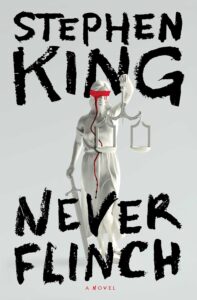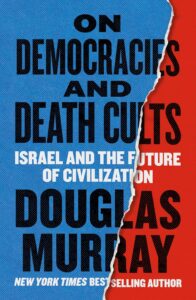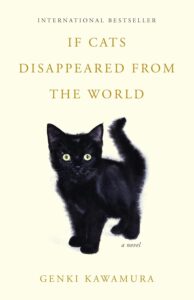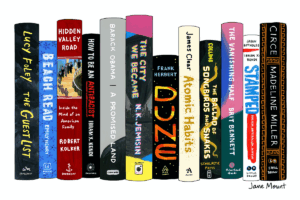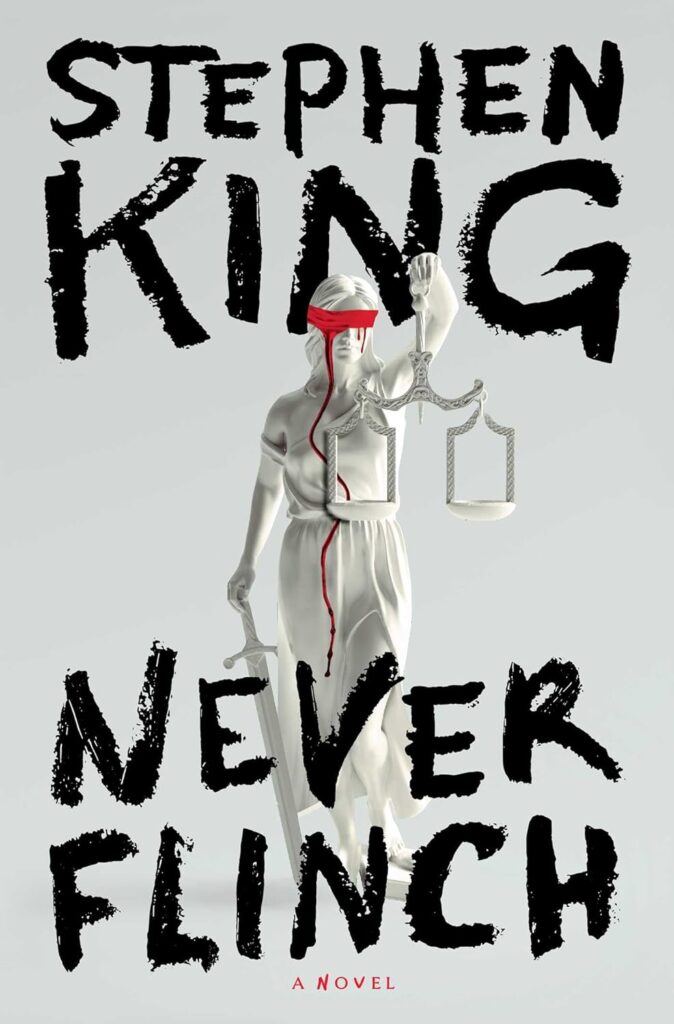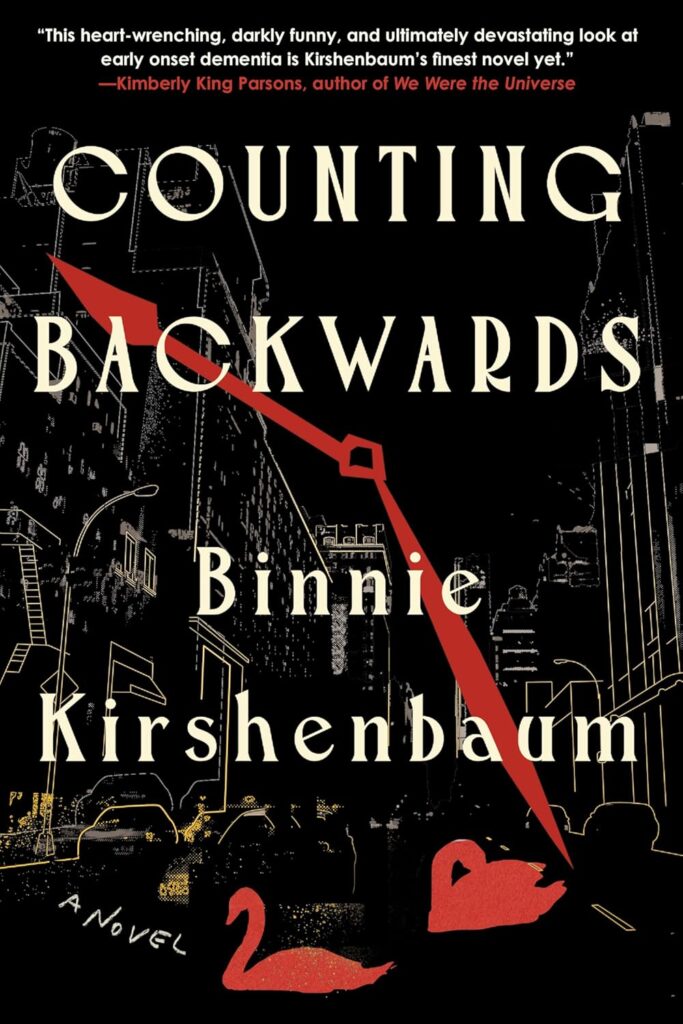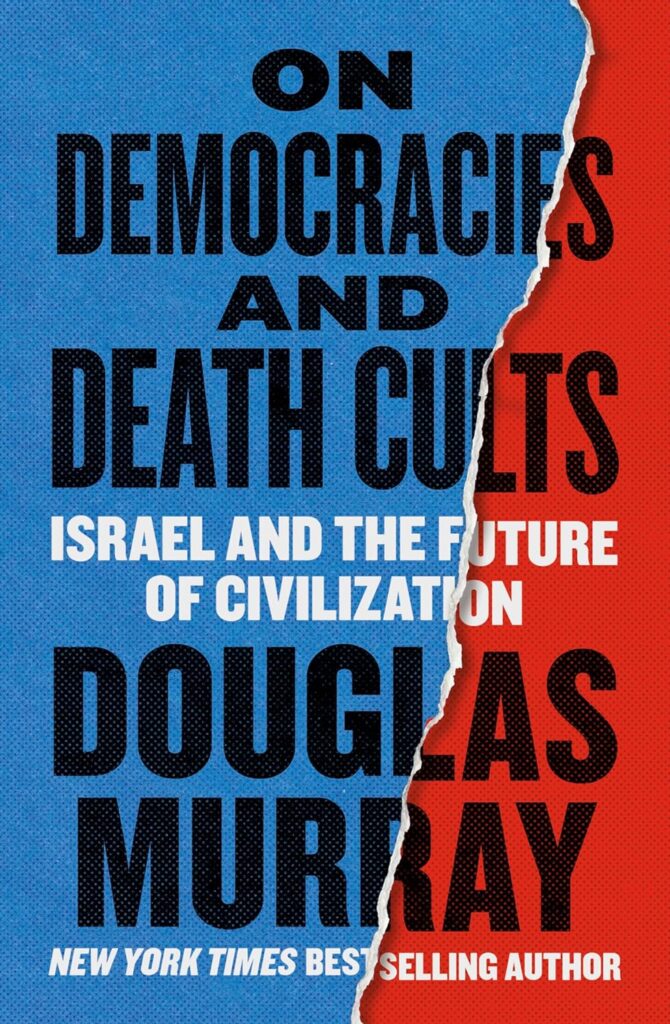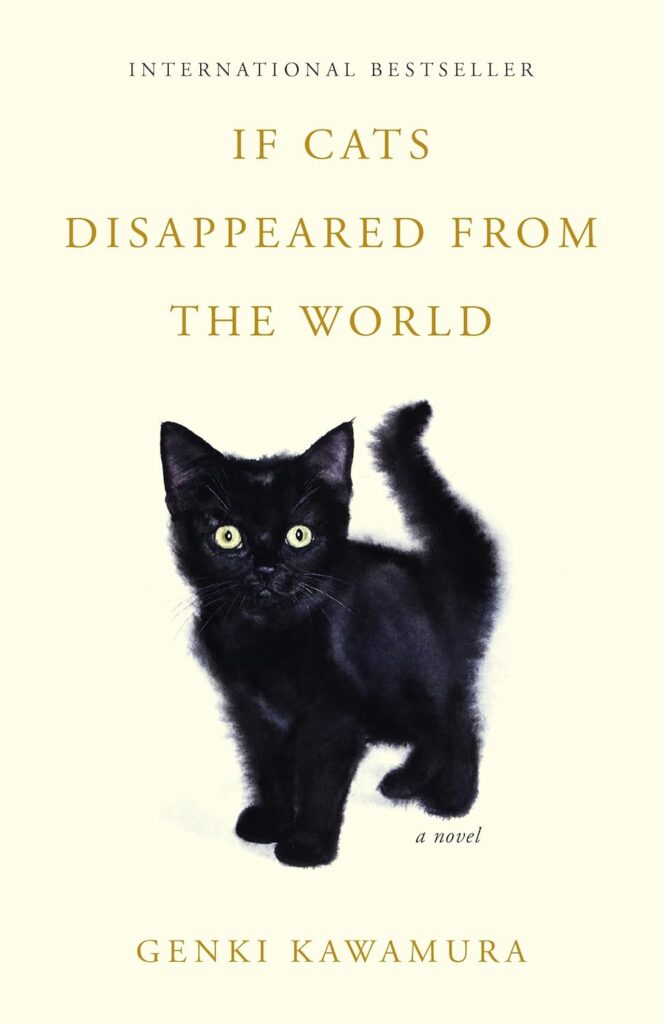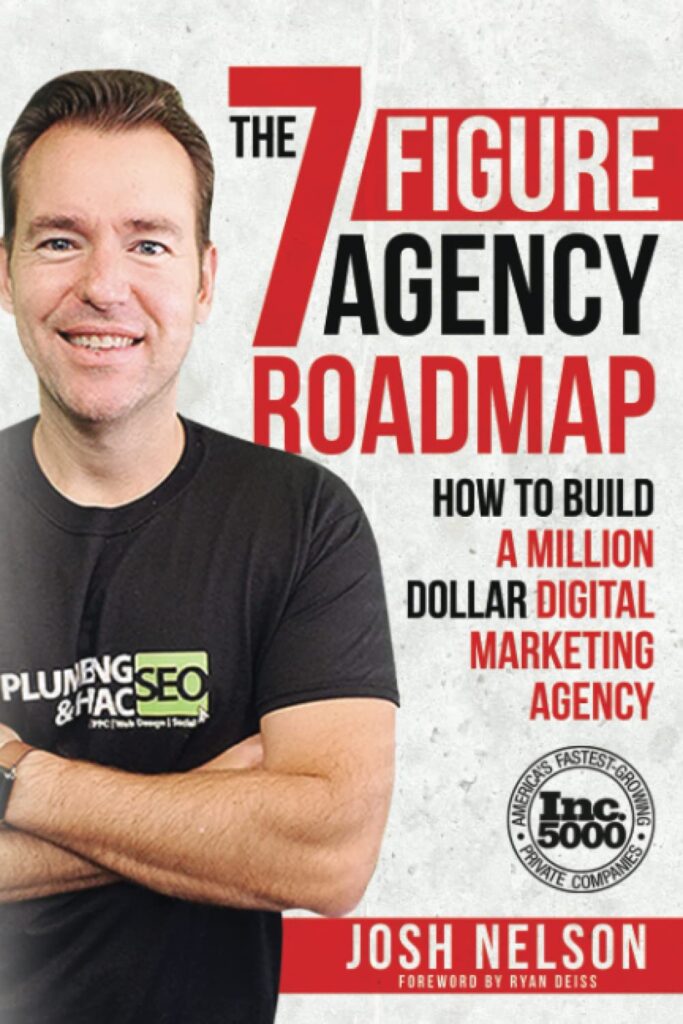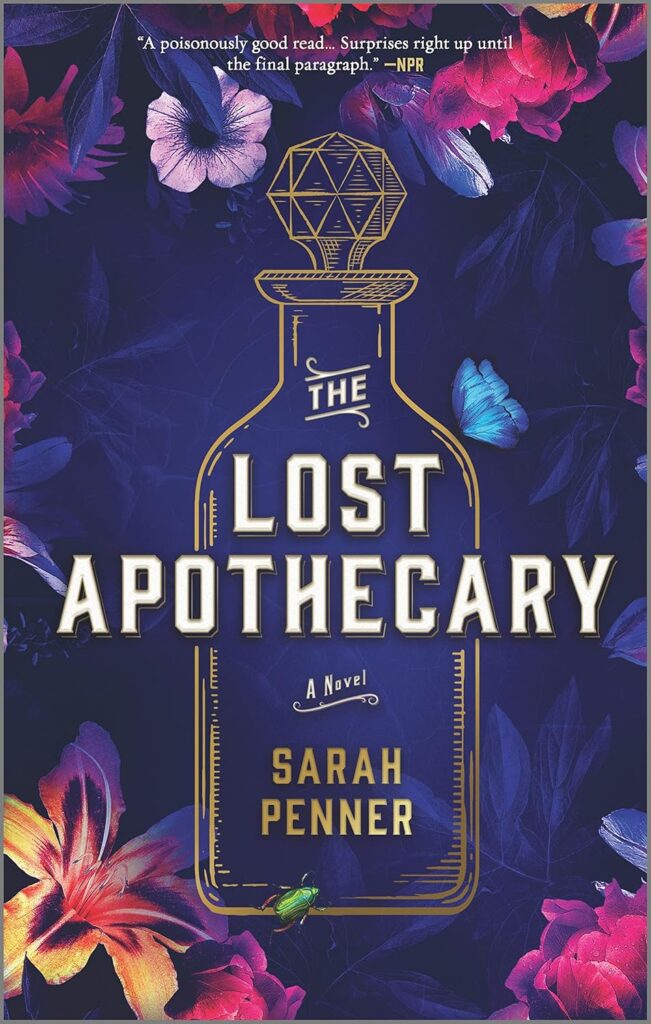Every so often, a modern author shuffles onto the stage of public discourse wearing a toga of ancient wisdom with sneakers of street-smart irreverence—and Ryan Holiday is just such a character. A former media strategist who traded press releases for Epictetus and the stress of marketing for, well, the stress of explaining philosophy on podcasts, Holiday stands out as the unofficial spokesman for applied Stoicism in the land of lost attention spans. His books, including meditations on ego and daily doses of discipline, nudge readers to stop whining, start thinking, and, if possible, leave the world slightly less disheveled than they found it.
Table of Contents
With a knack for packaging ancient teachings into easy-to-digest, slightly sardonic advice, he makes Marcus Aurelius sound like a life coach you wish you could afford. He’s tackled the beast of self-sabotage (and walked away unscathed—unless you count self-reflection as a bruise), grabbing lessons on humility and discipline from the stoic playbook and stuffing them into contemporary chaos. If you’ve ever wondered why people can’t stop talking about keeping ego in check, or what sort of masochist considers self-mastery a form of freedom, Holiday’s your man (see more on his take in the insightful summary at Ego Is the Enemy: A Reflection on Self-Sabotage).
Whether you’re a philosopher at heart or just someone searching for a bit of clarity between doomscrolls, Holiday’s blend of timeless principle and modern snark is hard to ignore. His themes—discipline, humility, and the constant, mildly exhausting duty of thinking before acting—earn their keep in an age of instant everything.
The Life and Career of Ryan Holiday
If Ryan Holiday were a character in a Greek comedy, he’d enter stage left holding a copy of Meditations in one hand and a Sharpie in the other, ready to scribble marketing tips on Diogenes’ barrel. But skip the pigeonholes—we’re not reduced to calling him the “Stoic guy” just yet. Holiday’s career reads less like a straight path and more like an elaborate hopscotch: he started out hustling in the trenches of marketing, swerved through literary mischief, collected wisdom from ancient philosophers, and now dispenses advice that somehow convinces even sleep-deprived millennials to practice self-discipline. How did we get here? Let’s put his life under our trusty microscope.
Early Days: Apprentice to the Marketers
Roll back the tape and squint at young Ryan, fresh-faced and ambitious, bailing out of college not with a whimper but a defiant bang—he wasn’t flunking out; he just decided there were better teachers than his professors. He found one such mentor in Robert Greene, famed author of The 48 Laws of Power, who took him under his wing (and presumably delivered cryptic but life-changing advice over strong coffee). For anyone interested in the wild specifics, Holiday himself shares some wisdom from his early scraping years in his own reflections on the best career advice he received.
His first big break came while swimming the murky waters of LA’s entertainment industry, where he wrangled chaos as an assistant to a Hollywood producer and soaked up lessons on influence and persuasion. Later, he packed these lessons and headed to American Apparel, snagging the wild gig of Director of Marketing before he could even rent a car without the extra insurance fees. Suddenly, he was front-row for campaigns that ranged from cheeky to infuriating, always managing to keep the brand in everyone’s newsfeed (sometimes for better, sometimes for the kind of worse that helps move units anyway).
A Literary Swerve: From Billboards to Books
Whiplash moment: just as the marketing glitter started to lose its shine, Holiday pivoted—he slid from boardrooms to bookshelves faster than you can say “CTR.” He published his first book, Trust Me, I’m Lying, gleefully pulling back the curtain on the world of media manipulation. This wasn’t a polite nudge at digital journalism so much as a pie in the face; Holiday exposed the tricks, hacks, and outright scams he’d seen behind the media scenes.
He didn’t stop with journalistic exposés. Instead, he refitted his writing desk to double as a philosopher’s armchair (perhaps an ergonomic one—he is a modern Stoic, after all). He churned out a stack of bestsellers, including the Stoic series—The Obstacle Is the Way, Ego Is the Enemy, and the crowd favorite, Discipline Is Destiny. At each turn, Holiday sprinkled wit and real-world anecdotes, ensuring his books read less like self-help sermons and more like late-night advice given by a friend who actually knows what he’s talking about. You can see how he teases apart self-mastery and discipline in a review of Discipline Is Destiny: A Review of Self-Mastery.
Discovering Stoicism: Ancient Wisdom, Modern Mischief
If Holiday’s career up to this point was a road trip, Stoicism was the scenic detour that became the main attraction. Far from cloistering himself with musty books, he translated the grit and humility of Marcus Aurelius into daily life—dishing it out in everything from newsletters to podcasts. (Imagine a Roman emperor on Twitter, but with fewer olive wreaths and better Wi-Fi.)
He credits Stoicism’s resurgence to a simple truth: the world hasn’t outgrown humility, discipline, or clear thinking. For Holiday, these are not ancient museum pieces—they’re gear for surviving “the chaos of the inbox,” as he might put it. His fans, from CEOs to students reenacting Seneca in coffee shops, have latched onto his ability to turn old ideas into practical, if slightly cheeky, advice for the digital age. And, if you’re craving a deeper philosophical fix, the philosophy genre section breaks down classic thought alongside Holiday’s contemporary applications.
Key Influences: Mentors, Thinkers, and Literary Doppelgängers
Of course, nobody arrives at Stoic enlightenment (or Instagram follower counts) alone. Holiday shaped his outlook on Gordon Gekko-esque marketing floors, but his core style is a cocktail of influences. From Greene’s Machiavellian proverbs to the stoic musings of Seneca and Epictetus, Holiday’s bookshelf is a who’s-who of thinkers who rejected cheap thrills in favor of personal growth.
His writing isn’t just Stoicism for the TikTok crowd; he draws in ideas from martial arts, military history, and even cowboy wisdom—anything that supports the idea that self-mastery isn’t a personality trait, but a lifestyle. For the detail-obsessed, he breaks down some of these career revelations and the lessons that stitched them together in his 37 Pieces of Career Advice I Wish I’d Known Earlier.
- Robert Greene: Taught him to ask better questions and ignore the noise.
- The Stoics: Offered blueprints for personal discipline and humility.
- Hollywood & Marketing Oddballs: Provided a crash course in public manipulation and the importance of keeping one’s soul intact while peddling wares.
Holiday’s story isn’t about luck. It’s grit, books, a splash of chaos, and a near-pathological need to rethink conventional wisdom. His career is a reminder: you don’t need to choose between being clever and being wise. If anything, Holiday’s made a living hopping between both—sometimes two steps ahead, sometimes sideways, but always with wit (and the odd reference to ancient Rome).
Exploring Ryan Holiday’s Major Works and Their Impact
If you’ve hung around the land of stoic platitudes long enough, you’ve probably seen Ryan Holiday’s name scribbled in the margins of every self-help bestseller list and shouted about in every corner of motivation TikTok. But before one can claim membership in the Stoicism fan club (whether with a knowing nod or a weary sigh), it’s worth peering at Holiday’s library of modern classics. Below I parse his most pivotal books, their surprises, and the big punches they’ve landed in the world of self-improvement, philosophy, and the general circus of being a thinking human.
Discipline Is Destiny: The Pursuit of Self-Mastery
Ah, discipline. The word alone evokes cold showers, early alarms, and—if you grew up Catholic—mild guilt. In Discipline Is Destiny, Ryan Holiday takes this grim reputation and gives it the spit-and-polish treatment. He doesn’t promise a monastic life, though; instead, he swears that discipline frees you from chaos, rather than shackling you in it.
Holiday draws from history’s most buttoned-up characters (think Queen Elizabeth and, because of course, Marcus Aurelius) and translates their grit into advice that lingers in the air long after you close the book. But here’s the plot twist: there’s nothing fancy about the hero’s journey in these pages. It’s about eating your proverbial vegetables, showing up when you’d rather nap, and realizing that freedom is found not in indulgence but in self-regulation. Simple, yes, but wearing the mask of wisdom.
You won’t get a mystical ten-step plan. You’ll get stories—ones with dirty fingernails and tired eyes—meant to nudge you toward daily habits that matter, if only you have the stomach for saying no (to yourself, mostly). For those who want the meat and potatoes of self-mastery and discipline, the review at Discipline Is Destiny: A Review of Self-Mastery breaks down how Holiday packages ancient wisdom for modern nerves.
Confronting Ego with ‘Ego Is the Enemy’
If self-discipline is the art of taming wild horses, Ego Is the Enemy is the business of dragging an inflatable parade balloon through a windstorm—namely, your own bloated sense of importance. Holiday points a (gentle) finger at the dangers of believing your own hype, and he rarely pulls his punches when describing just how fast ego can topple even the meekest of us.
He isn’t the first philosopher to call out pride, but he has a knack for making the age-old warnings feel like a slap from a wise friend. The book suggests that ego often hides behind busyness, faux humility, or ambition’s glittering mask. Holiday, with that signature smirk in the prose, offers up battle-tested strategies for managing ego: seek truth, not validation; pursue humility as a habit, not a pose; and remember that defeat is just as seductive to ego as victory. In classic Holiday fashion, he’s more coach than preacher, and his solutions are hard-earned and sometimes uncomfortable.
If you, like the rest of us, have ever danced on the edge of self-sabotage, there’s much to absorb—and perhaps a little to wince at—in his exploration. If you crave more on the topic, his essay about combating self-sabotage and understanding ego and its consequences offers practical guidance that’s less therapy session and more friendly intervention.
Other Influential Books and Continuing Legacy
Holiday’s bibliography is fatter than a Stoic’s diary—and, dare I say, more fun at parties. The Obstacle Is the Way stands out as the unlikely cheerleader for anyone convinced life is one long series of banana peels. Instead of shying away from tragedy or discomfort, Holiday borrows stoic pep talks to insist that every roadblock is a hidden invitation. Readers latch on not to empty positivity, but to down-to-earth stories where grit and wisdom carry the day.
Then you have Stillness Is the Key, which takes a zamboni to the mind’s endless spin-cycle. Here, Holiday argues that tranquility is not found by meditating atop a mountain (although, full marks if you pull that off) but in cultivating pity routines and purposeful calm in daily life.
These books haven’t just been read in silent contemplation—they’re dog-eared companions to business leaders, athletes, and even sleep-deprived parents. You’ll notice echoes of Holiday’s thinking across podcasts, office bulletins, and coffee shop table talk. His influence circles the wider philosophical and self-help communities without ever feeling forced or preachy.
And if you’re up for exploring how his Stoicism blends with pop culture, philosophy, and, occasionally, intergalactic metaphysics, the essay on Star Wars and Philosophy pairs Holiday’s ancient wisdom with stories from a galaxy far, far away. (Because, let’s face it, even Jedi masters could stand a little humility.)
Holiday’s books are not hermetically sealed in the self-help section. They’re smuggled into conversations wherever clear thinking and personal growth are welcome—and, thankfully, where a well-placed wink and nod make the medicine go down a little easier.
The Philosophy Behind Ryan Holiday: Modern Stoicism
Let’s clear the air: if you think Stoicism is all stone faces and robe-wrapped misery, Ryan Holiday is here—armed with a whiteboard and several snarky analogies—to change your mind. In his hands, Stoic philosophy isn’t a dusty relic for sandal-wearing scholars. It becomes a toolkit for surviving inbox avalanches, traffic jams, and even that existential terror we all experience when the Wi-Fi goes out. Holiday’s approach breathes life into ideas that could easily smell of museum air, and instead makes them sound like the common sense your grandmother would give (if your grandmother happened to double as a Roman emperor). But there’s more to his philosophy than just clever re-packaging. Under the surface, his Stoicism makes a case for grit, presence, and seeing life as it is—minus the melodrama.
Stoicism for the Wi-Fi Generation
Nothing tickles me more than imagining Marcus Aurelius scrolling Twitter, stoically resisting the urge to reply to trolls. Ryan Holiday’s magic trick is translating ancient, sandal-clad wisdom into something the modern multitasker won’t immediately swipe away. For him, Stoicism is not a board game of who can be more emotionless; it’s a manual for clarity in a noisy world.
Holiday routinely strips down the stoic message to simple (but not easy) pillars:
- Choose what you control. Don’t lose your lunch over life’s trivia.
- Practice self-mastery. Easier to write on a sticky note than actually pull off, but hey, we can dream.
- Seek wisdom in hardship. Every spilled coffee is just character development in disguise.
He’s said as much in interviews, especially in one delightfully candid exchange for Modern Stoicism, where he confessed that philosophy, for him, started as practical self-defense in a career built for burnouts. This isn’t abstract “ponder the sunset” wisdom; it’s “don’t email angry” and “try not to be the reason your day gets worse” advice.
Applied Stoicism: Beyond Self-Help Slogans
Holiday’s Stoic gospel is refreshingly action-driven. He’s suspicious of airy philosophy that never leaves the bookshelf, so he parades practical exercises, like morning journaling or ruthless negative visualization (which sounds intense but is really just reminding yourself things could always be worse). He argues that thinking without action is as pointless as a one-legged stool.
Discipline, in the Holiday universe, doesn’t mean training for the Olympics or meditating on a Himalayan peak. It’s about not letting your most embarrassing impulses take the wheel. He steers our gaze to how ancient philosophy intersects with nagging 21st-century issues—hello, notification anxiety and social media one-upmanship.
Like any good philosophical revivalist, Holiday faces skepticism. Some say he softens classic Stoicism for Instagram Stories and morning newsletters. Yet, if you peek at his thoughts in essays like “Stoicism: Practical Philosophy You Can Actually Use”, you’ll see he’s perfectly shameless about it: philosophy is meant for the living, not the armchair-bound.
Connecting Holiday’s Approach to Wider Philosophical Threads
Somewhere between the ruins of Athens and the inbox of modern America, Holiday stitches together old and new. This isn’t just Stoicism with Wi-Fi; it’s Stoicism that banters with contemporary philosophy and the daily grind, daring us to use ancient insights as caffeine for the confused. (Picture Socrates at a Starbucks, if you will.)
His constant refrain—action over ivory tower, humility over hubris—puts him in lively conversation with anyone peering into the philosophical woods. If you want more context on where Stoicism fits next to Renaissance freethinkers or existential pranksters, the section on contemporary philosophy and Stoic tradition is a handy rabbit hole.
Holiday doesn’t claim to be an academic philosopher—he’s a translator, a stubbornly pragmatic editor of chaos. Whether you’re chasing enlightenment or just hunting for an excuse to be marginally less anxious by 5 p.m., his reading of Stoicism invites you to put the philosophy down long enough to, well, get on with your actual life.
Conclusion
Ryan Holiday has pulled off something rather exceptional—he smuggled ancient wisdom into the modern circus and wrapped it in a voice that’s equal parts mischievous guidance counselor and wisecracking librarian. His blend of dry wit and no-nonsense advice has given philosophy a much-needed wardrobe change, swapping scratchy robes for something more practical (like denim, perhaps, or the ever-dignified hoodie). Holiday’s true magic? He reminds us that personal discipline and humility aren’t reserved for saints or hermits—they’re daily antidotes to chaos, equally handy whether you’re pondering destiny or just trying not to throw your phone at the wall.
His ongoing influence reaches far beyond bestseller lists. In a world overrun with quick fixes and noisy gurus, his practical Stoicism is a rare call to slow down, take stock, and—when in doubt—maybe re-read Aurelius before sending that regrettable reply-all email. For those curious to keep chasing self-mastery, the self-help section is a fine next stop.
So, here’s to Ryan Holiday—the philosopher with sneakers strapped tight and a pen ready for both wisdom and mischief. If he’s taught me anything, it’s that the hardest thing to conquer is usually myself. Thank you for joining me in this particular adventure. If you’ve wrangled your ego at least once this week, well, you’re already in on the joke.


